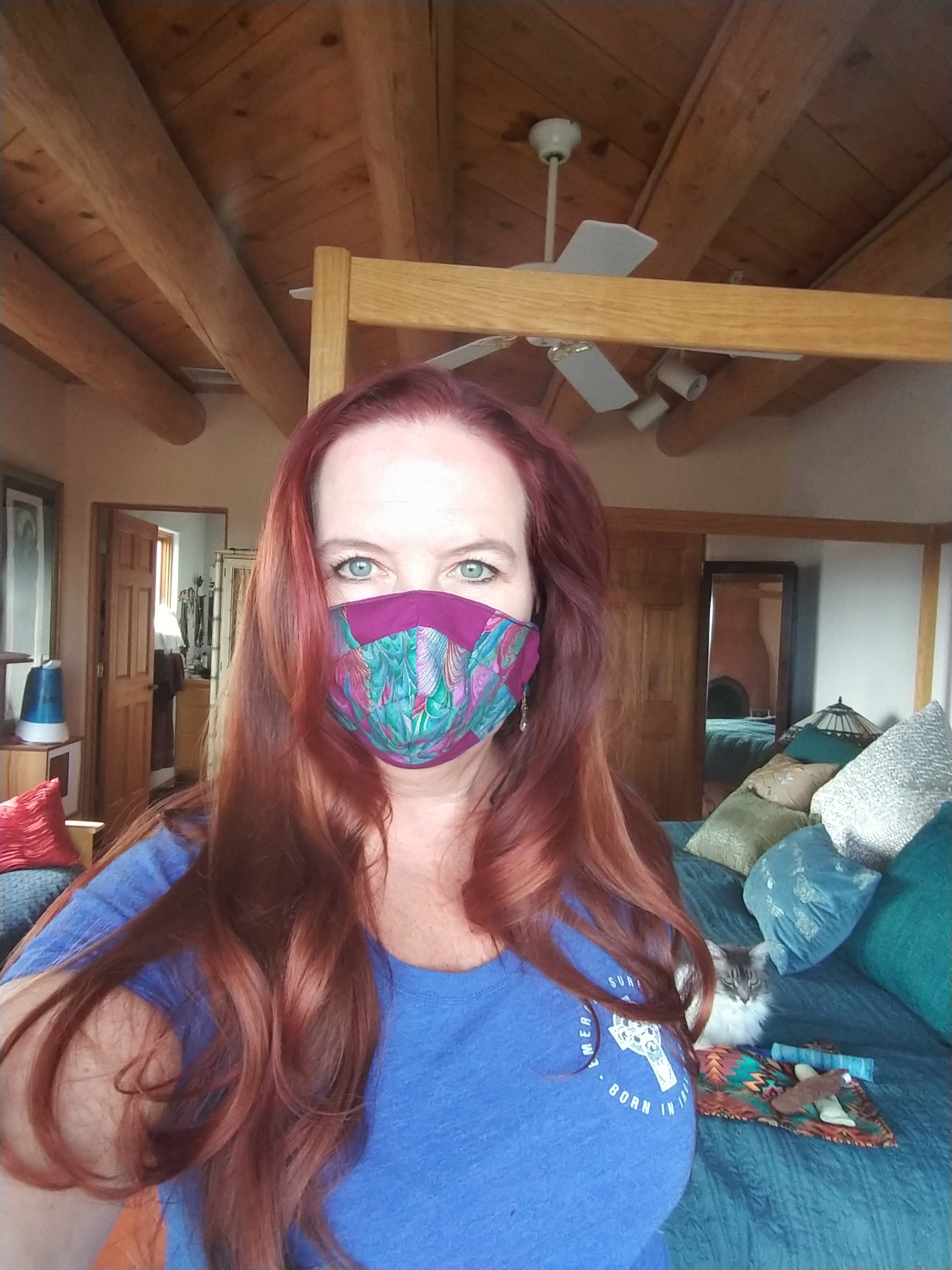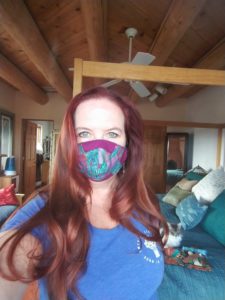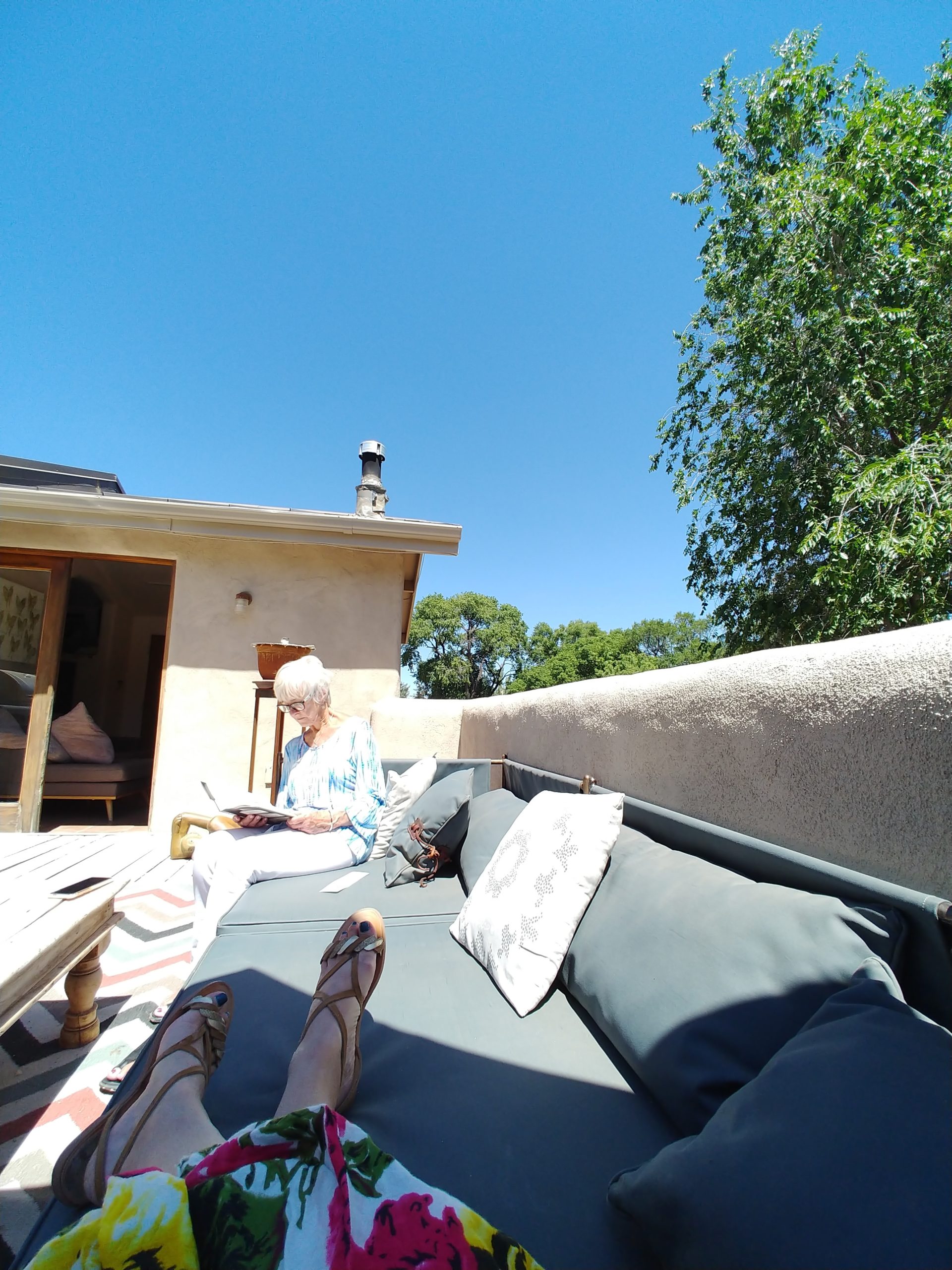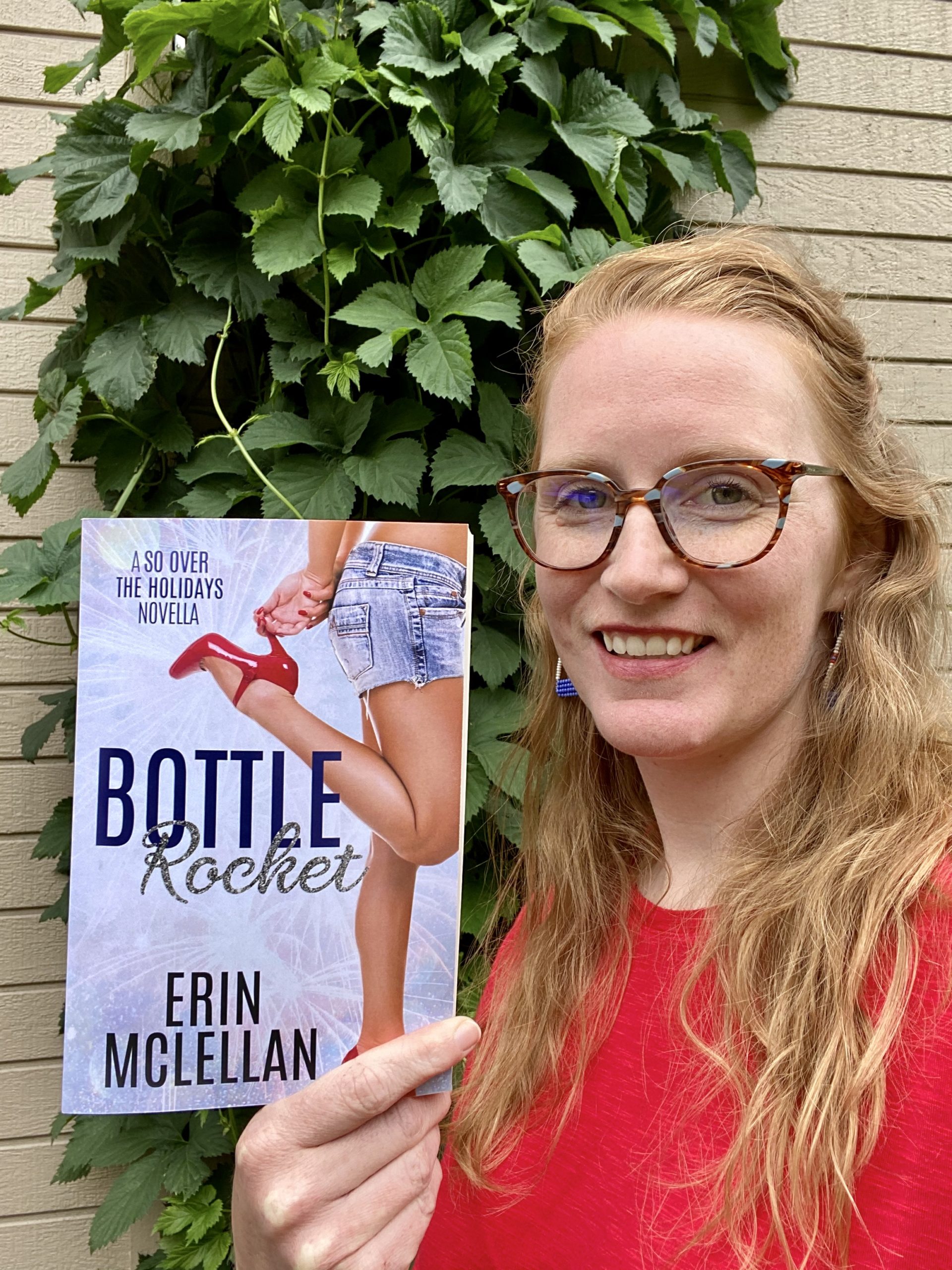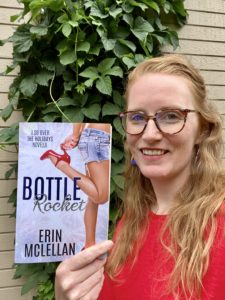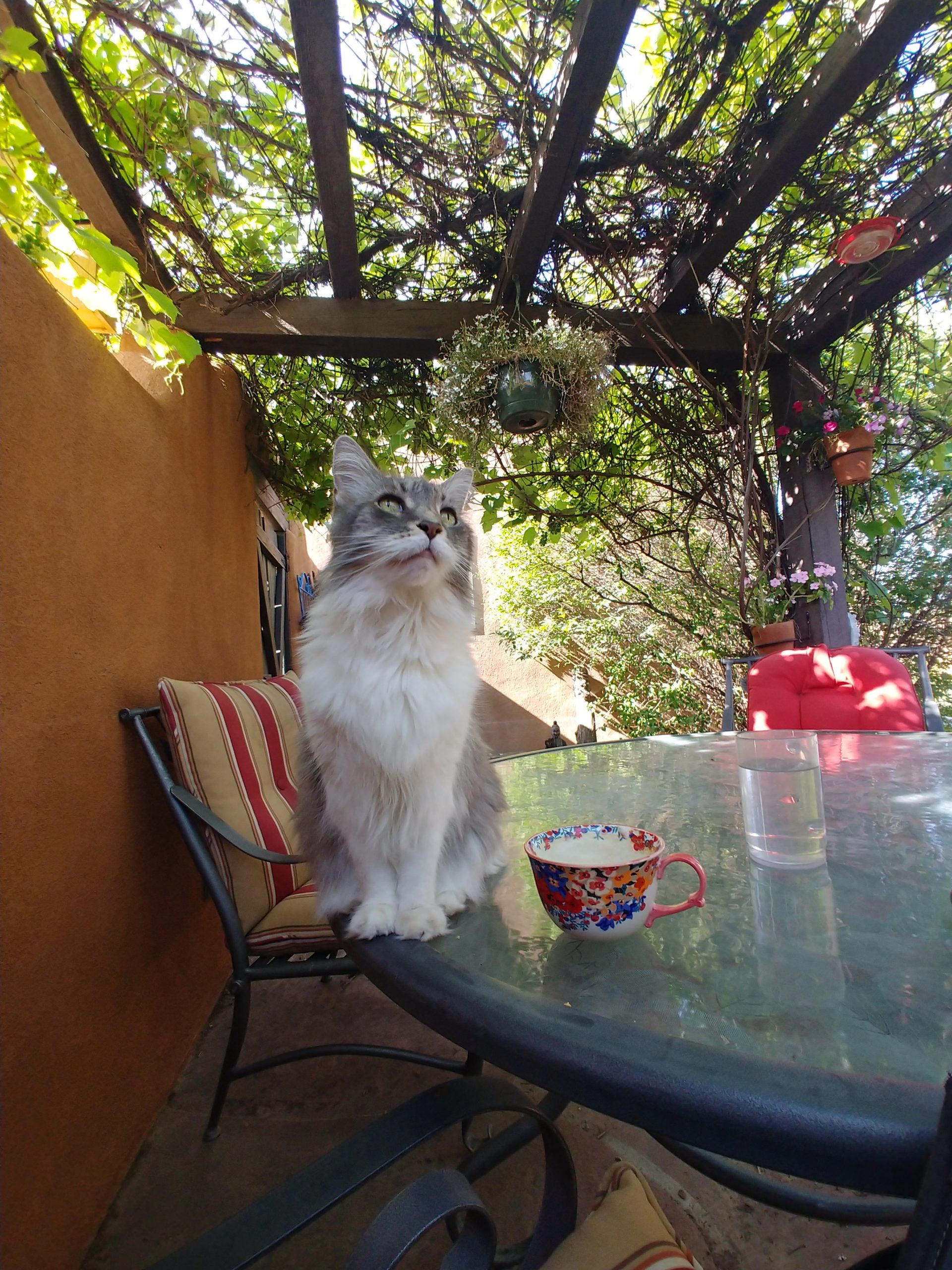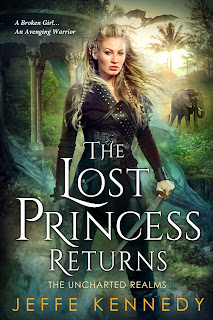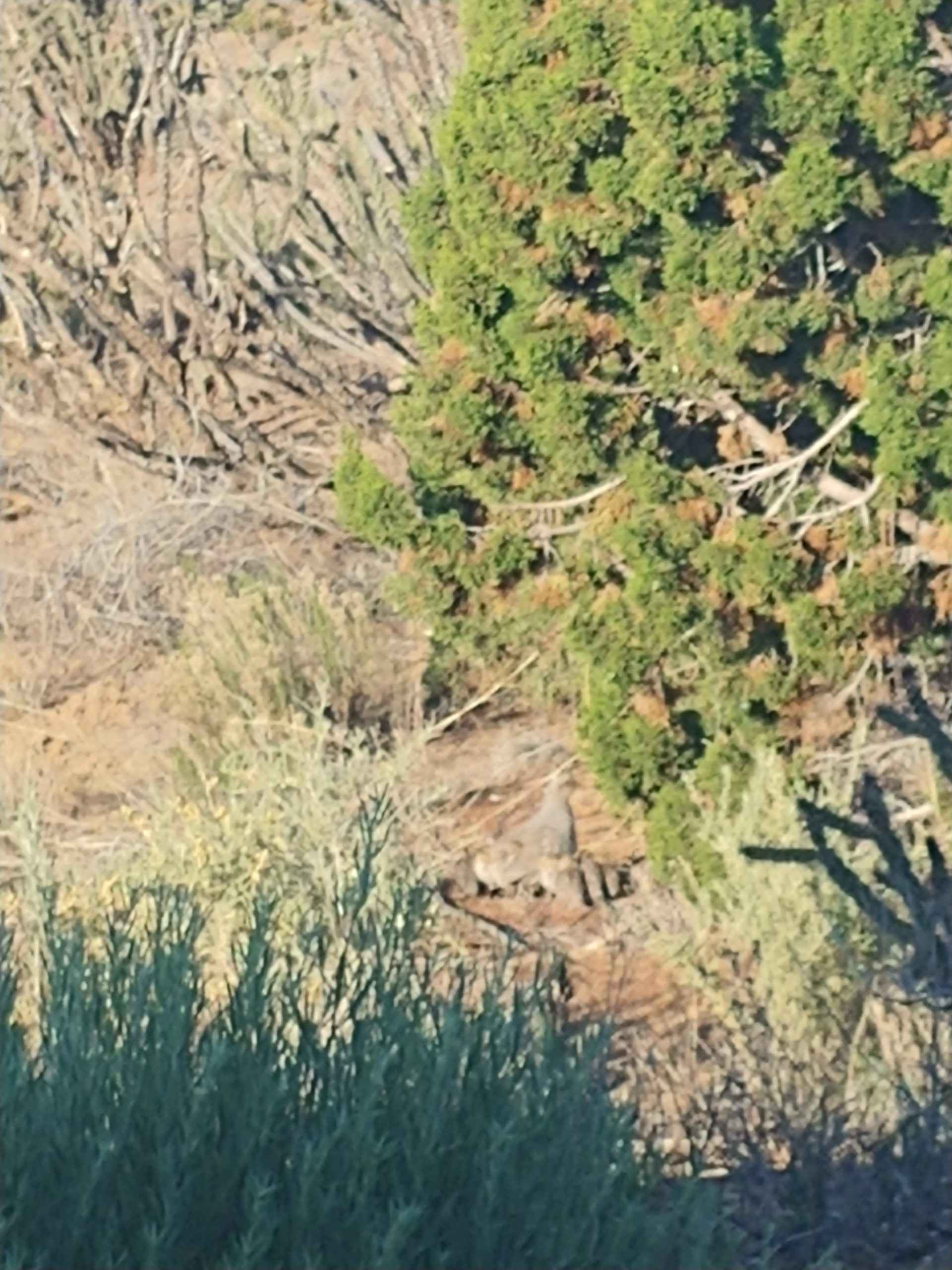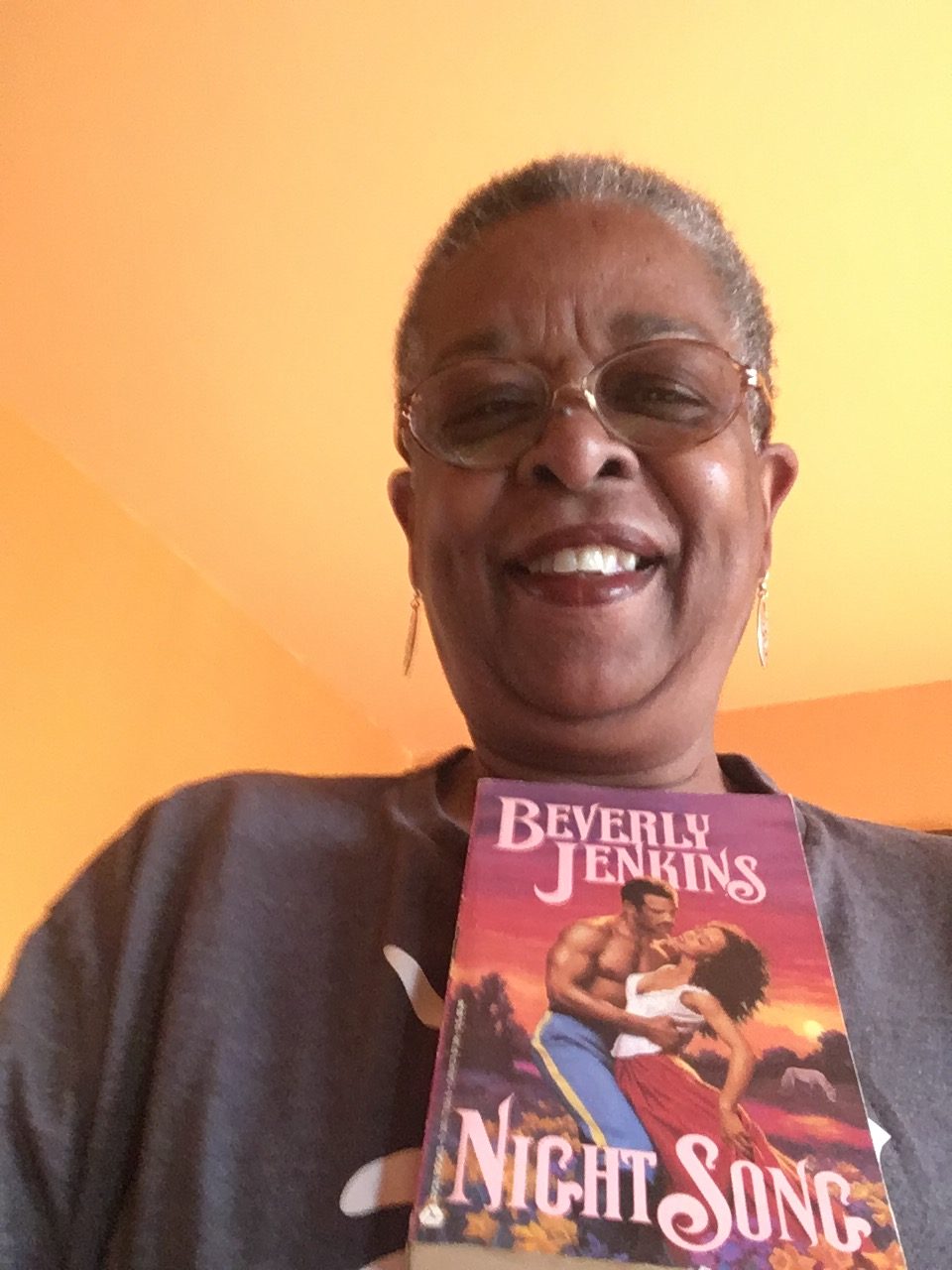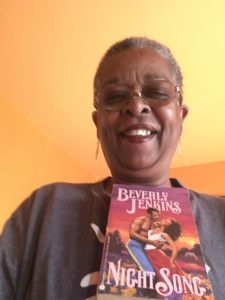The audio book of THE FIERY CROWN is now available! Narrated by the fantastic Gabrielle Baker, I’m super excited to listen to it!
Some of you might note that this is a different audio book narrator than the one who did THE ORCHID THRONE. One of the many consequences of the COVID-19 pandemic is that many audio book narrators couldn’t do their jobs. Unless they had home studios, they were out of luck. I don’t know if that’s what happened with my previous narrator, but when Editor Jennie contacted me and said the Tantor team had let her know the narrator for book 1 was unavailable for book 2, I wasn’t surprised. I also wasn’t too broken up about it, as the previous narrator – while having a wonderfully rich voice – hadn’t handled the two different first person points of view (POV) as well as I’d hoped. The books present a real challenge that way, in that the chapters in the POV of Con, the male protagonist needed to be narrated in a deeper, growlier voice, along with his spoken dialogue.
 I greatly appreciated that Jennie and Tantor asked if I had narrators to suggest, because I immediately suggested Gabrielle. I’d listened to her narrate Tanith Lee’s THE SILVER METAL LOVER, one of my all-time favorites, and thought she did a bang up job. She also did the audio book narration for bestie Grace Draven’s RADIANCE and EIDOLON, so I knew Gabrielle was great to work with. Finally, I knew Gabrielle had a home studio! Tantor checked with her, and – to our mutual delight – she was available! (I learned later that Tantor really shifted stuff around to make this happen, for which I’m so grateful.)
I greatly appreciated that Jennie and Tantor asked if I had narrators to suggest, because I immediately suggested Gabrielle. I’d listened to her narrate Tanith Lee’s THE SILVER METAL LOVER, one of my all-time favorites, and thought she did a bang up job. She also did the audio book narration for bestie Grace Draven’s RADIANCE and EIDOLON, so I knew Gabrielle was great to work with. Finally, I knew Gabrielle had a home studio! Tantor checked with her, and – to our mutual delight – she was available! (I learned later that Tantor really shifted stuff around to make this happen, for which I’m so grateful.)
So, I’ve downloaded my own copy and anticipate many delightful hours listening to the book! I’ve received developmental edits for THE PROMISED QUEEN, so I’ll be finishing my listen of THE ORCHID THRONE and THE FIERY CROWN to prep for that final revision. And yes, I actually shelled out to buy the Audible versions of my own books. I get author copies of them, but on CD, which means I can’t listen on my phone. At least I can deduct that!
I also have finished copies of the paperback of THE FIERY CROWN ! You can order a signed copy through my website store for $5 and I’ll mail it to you. (Sorry, US only on that deal.) Be sure to note if you want it personalized.
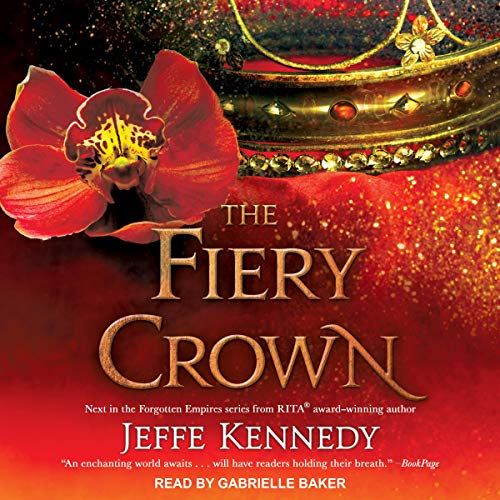




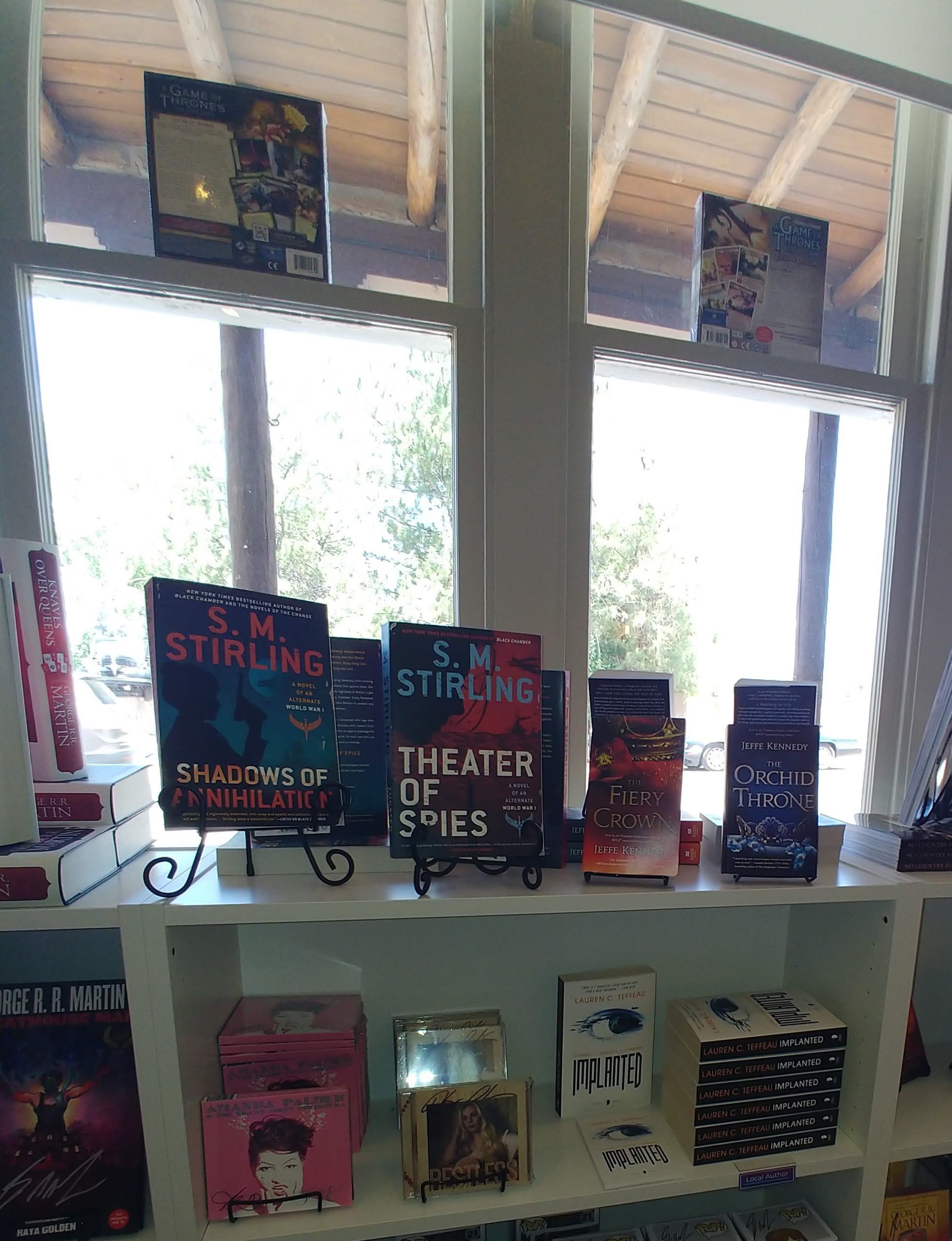
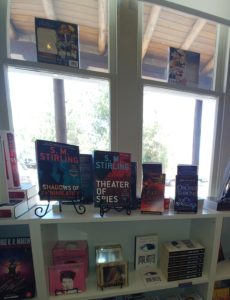 My books! Spotted in the wild at
My books! Spotted in the wild at 